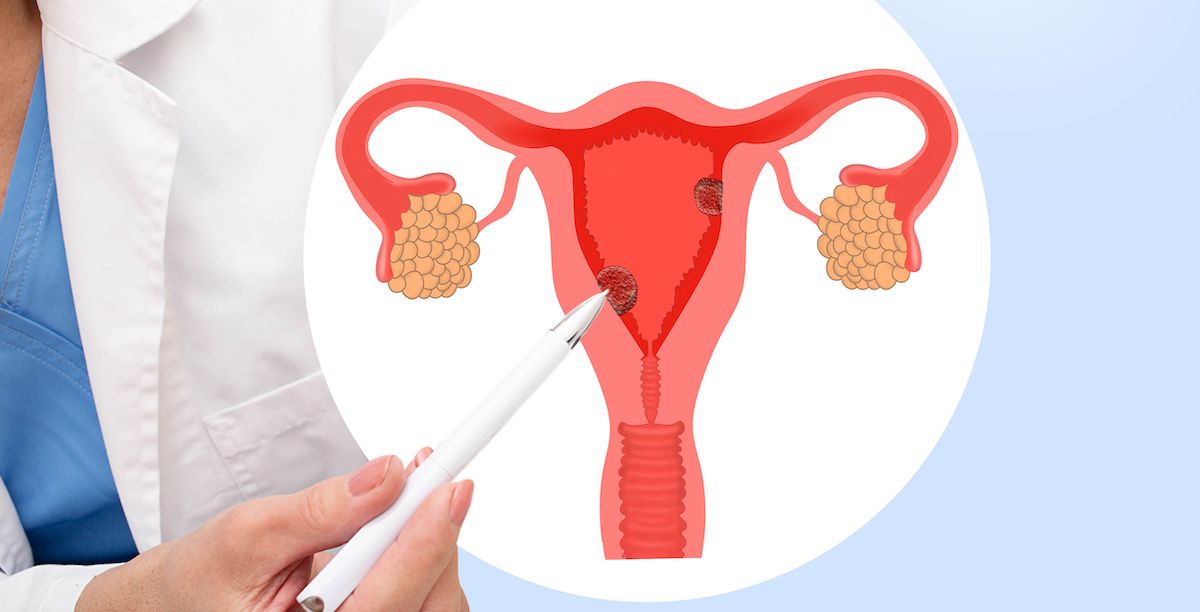Many uterine cancers are diagnosed because women report abnormal or post-menopausal bleeding to their physicians. This sign can be a lifesaver, allowing the cancer to be detected in its earliest, most treatable stages.
The kind of bleeding associated with uterine cancer may start as a watery, blood-streaked flow that gradually contains more blood. Women should not assume that abnormal vaginal bleeding is part of menopause. Don’t wait for your next annual visit — that could be months away. Be sure to tell your physician about any unusual or troubling gynecological symptoms, including:
- Abnormal vaginal bleeding. This includes bleeding or spotting between periods or an unusual discharge with or without blood.
- Vaginal bleeding after menopause
- Difficulty emptying your bladder
- Pain with urination
- Pain during sex
- Pelvic pain
While these symptoms don’t always mean cancer and a non-cancerous condition or infection may be causing them, prompt diagnosis and treatment is important.
